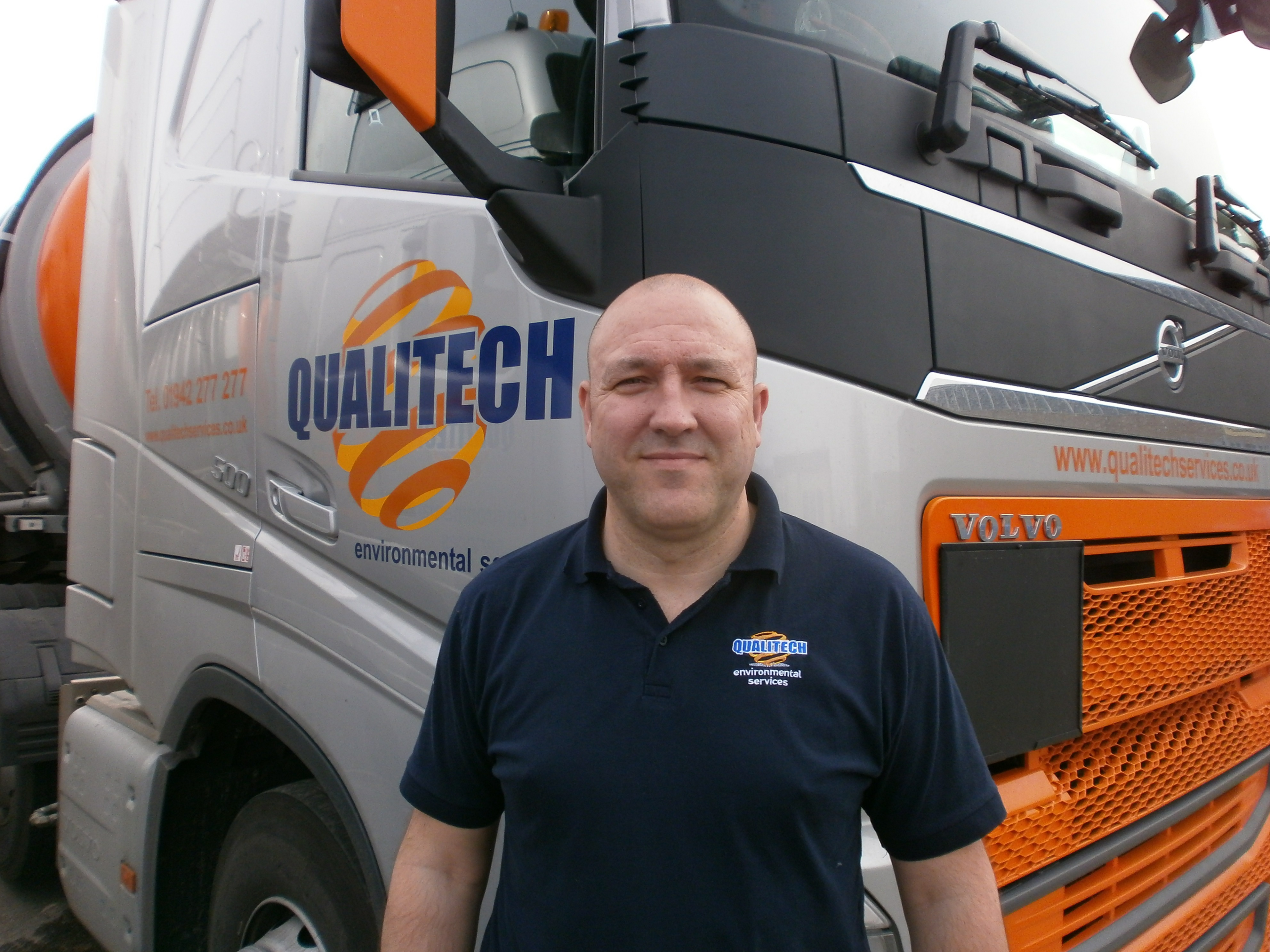
Specialist companies are now being called into potentially contaminated businesses. Hygiene is the number one priority for UK businesses now the deadly COVID-19 coronavirus has become a pandemic but how are they deep cleaned?
Qualitech Environmental Services has provided specialist cleaning services for industries ranging from food and consumer goods to the chemical and pharmaceutical for many years and has already been called in to hygienic deep clean business premises since the coronavirus reached the UK.
Now it has revealed what a deep clean actually means and put together this coronavirus cleaning guide to show how it is attacking COVID-19 wherever it may be a threat in the UK. The deep cleaning is needed because of the way coronavirus is spread which is most commonly through invisible respiratory droplets sent into the air when an infected person coughs or sneezes. Those droplets can be inhaled by people nearby or land on surfaces that others then touch and become infected when they touch their eyes, nose, or mouth.
The basic rule is to make sure that frequently touched services are thoroughly cleaned with a special industrial surface cleaner detergent and then followed up with a disinfectant spray. The detergent used by Qualitech is food industry approved.
This is a bullet point guide to everything that needs cleaning:
Qualitech director Matthew Dodd said: “The general guideline is that the more people who contact surfaces, the more frequently that surface should be cleaned.”
He also said it depended on whether someone in the building has been showing symptoms of coronavirus.
He added: “Public areas where a symptomatic individual has passed through and spent minimal time, such as corridors, but which are not visibly contaminated with body fluids can be cleaned thoroughly as normal.
“But all surfaces that the person who may have contracted coronavirus has come into contact with must be thoroughly cleaned and disinfected.”
These include items which are visibly contaminated with body fluids and all potentially contaminated high-contact areas such as bathrooms, door handles and telephones along with grab-rails in corridors and stairwells.
Qualitech staff make sure they avoid creating splashes and spray. Any cloths, mop heads and gloves they use are put into waste bags for disposal and this is for each part of the premises they clean. When they move onto another area they use fresh cloths, mops and disposable gloves to avoid any risk of cross contamination.
Everything used in the deep cleaning process from cloths and mop heads to disposable gloves must be put into plastic rubbish bags and tied. This is then put into a second bin bag and tied tight again.
It’s then put in a suitable and secure place and clearly marked for storage until the test results for coronavirus at the premises are known. Waste can either be quarantined for a period of at least 72 hours or until negative test results are confirmed and only then can be put in the general waste system.
If the waste cannot be stored for a period of 72 hours then it must be moved as Category B infectious waste and stored and transported in orange clinical waste bags.
They all wear Tyvec coveralls to protect them against biological hazards, disposable chemical gloves, half-face respirators, safety boots, light eye protection and hard hats where necessary.
When Qualitech staff go into businesses to deep clean their premises they are all checked for COVID-19 symptoms and temperature at the start of each shift. They are ruled out if they have been in contact with anyone over the previous 30 days who has suspected or confirmed symptoms of coronavirus, including fever, cough, sore throat or shortness of breath.
They have their temperature taken, asked if they feel hot to touch on their chest or back or have a new, continuous cough.
Matthew added: “We take absolutely no chances at all. COVID-19 is the biggest risk to the nation’s health that any of us can ever remember and we work to very strict standards and codes of practice to ensure the deep clean is professionally and very thoroughly carried out.”
